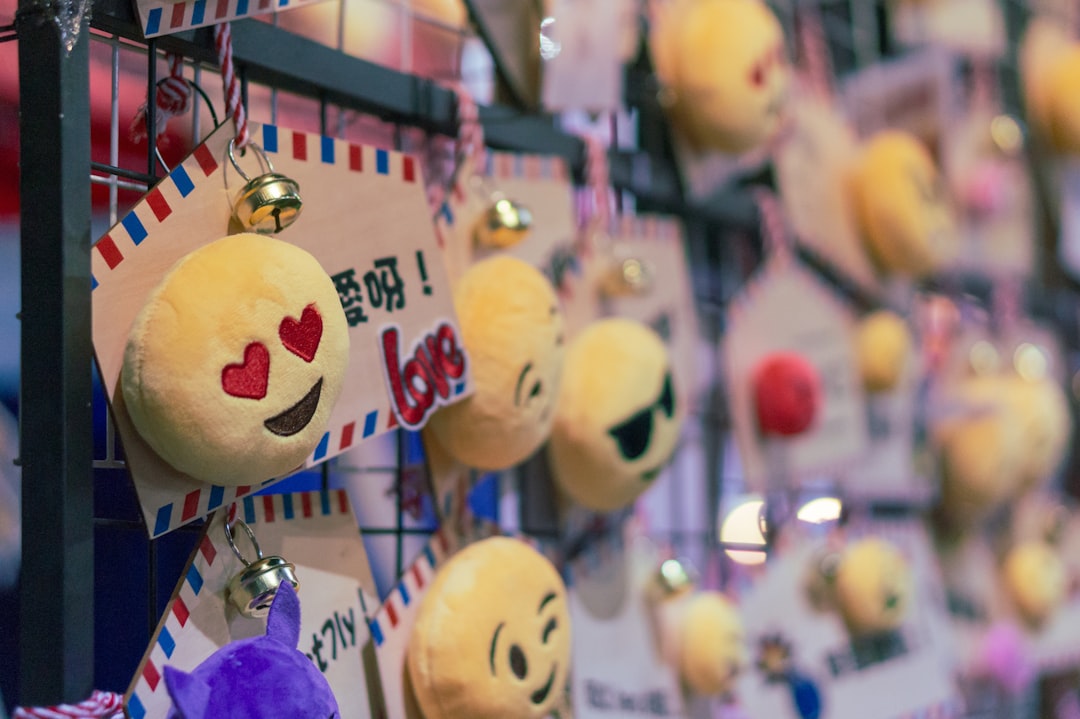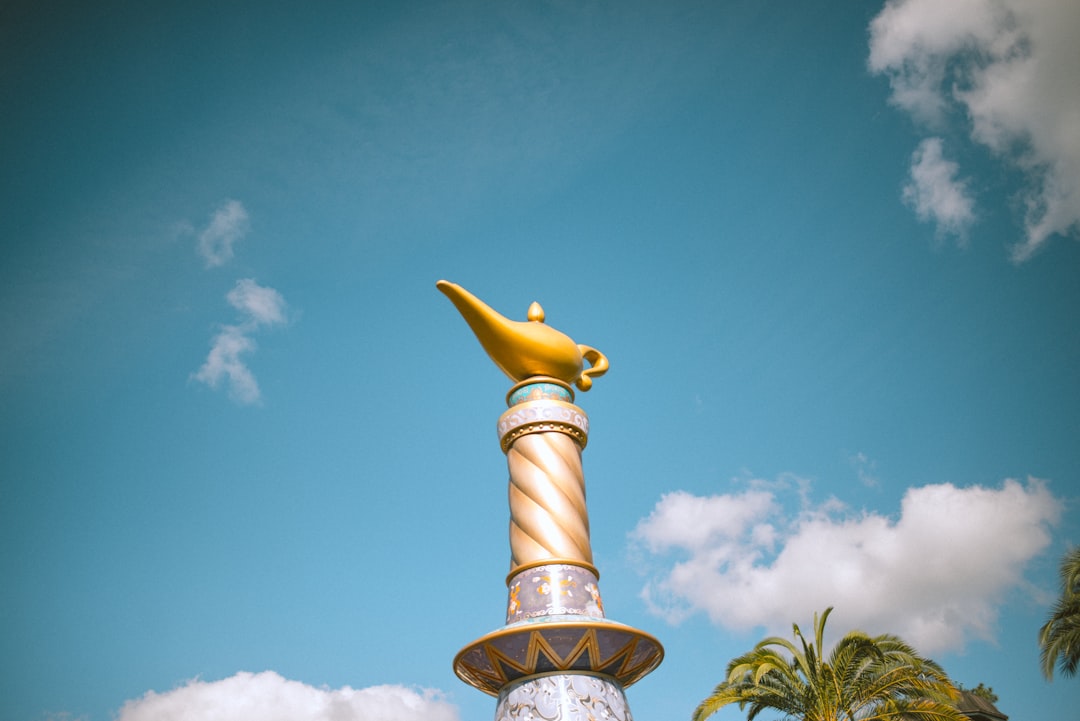17+ Most Popular Retrospective Formats
Not sure which agile retrospective format to use? We’ve got them all. And we’re all about helping you find the best one for your team. Choose between many retrospective formats to try with your team and keep improving with this simple and easy to use tool.
Take a look on 17 templates that have been used 1,210,102 times 🚀
- 0 uses
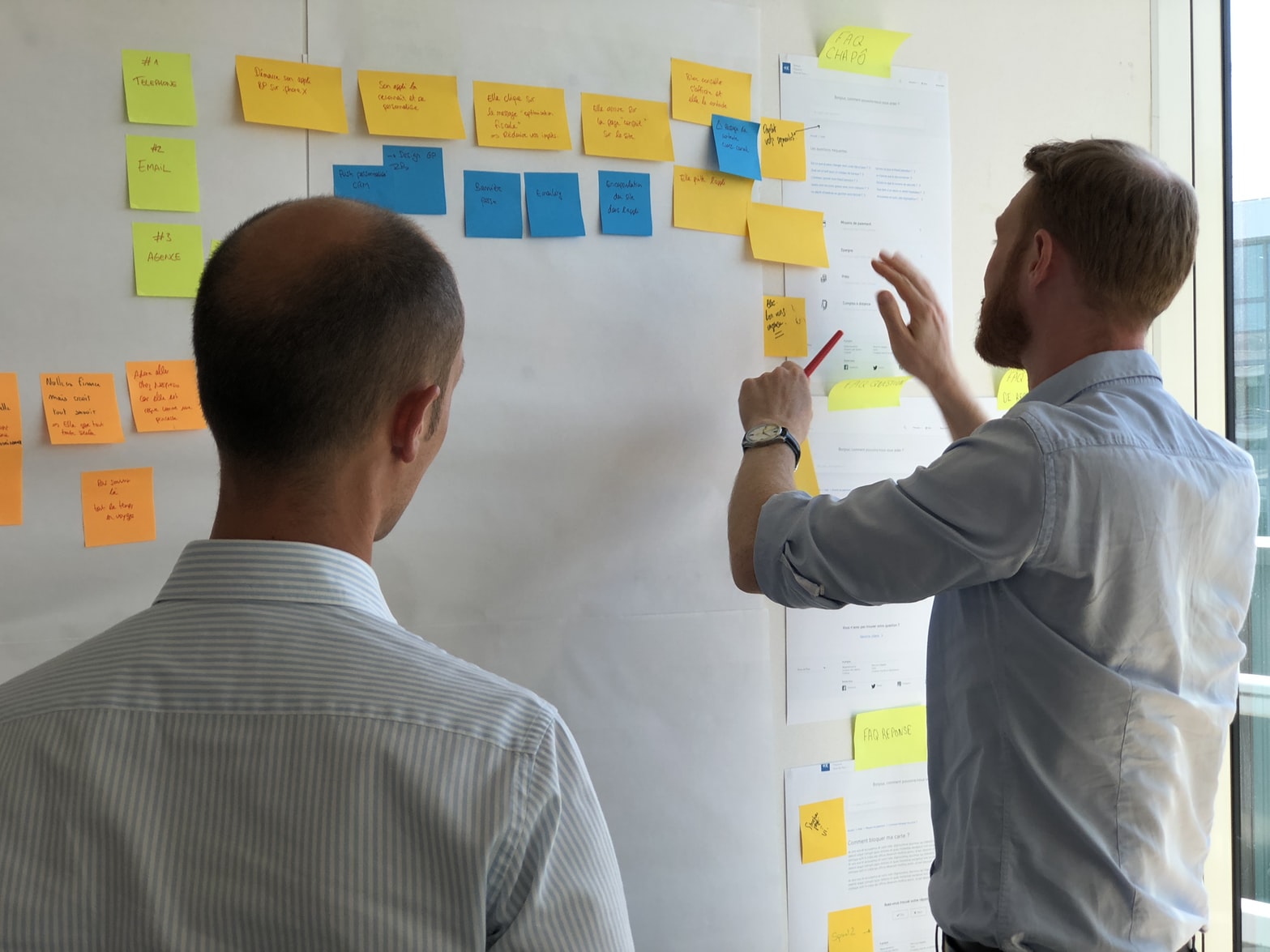
Went Well - To Improve - Action Items
This technique is the most basic template you can use for your retrospective. It's very simple to use and understand. First, the team needs to brainstorm what went well in the previous sprint. After t...- Went Well- To Improve- Action Items - 0 uses
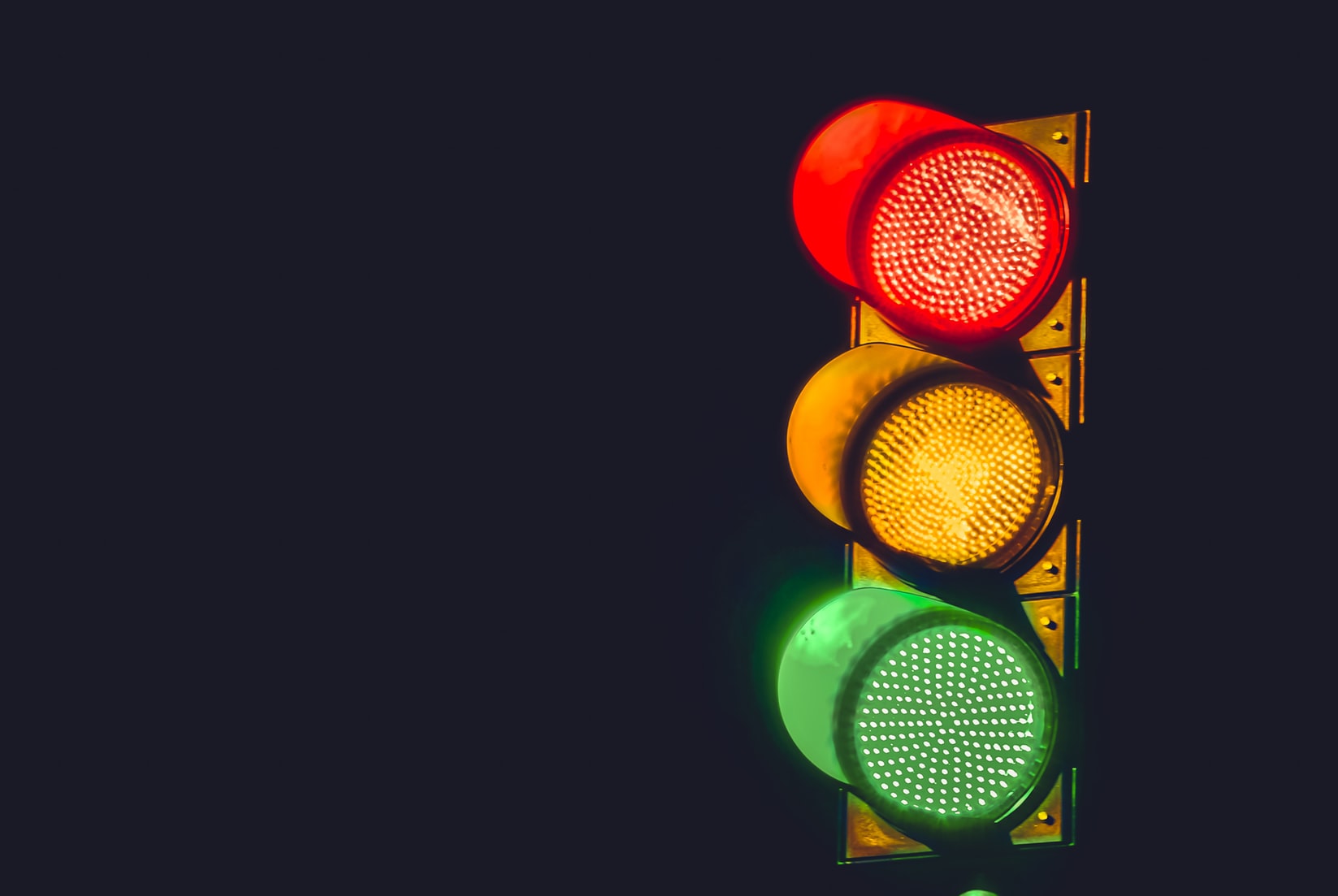
Start - Stop - Continue
Start Stop Continue is a great format to focus on the things that are working (continue), things that are not working (stop) and things that the team should start doing (start). It focus on the past, ...- Start- Stop- Continue - 0 uses

4Ls Retrospective
The 4Ls Retrospective model is an attempt to capture the natural thoughts that team members might have that can lead to continuous improvement. We naturally tend to think and share in terms of things ...- Liked- Learned- Lacked- Longed For - 0 uses
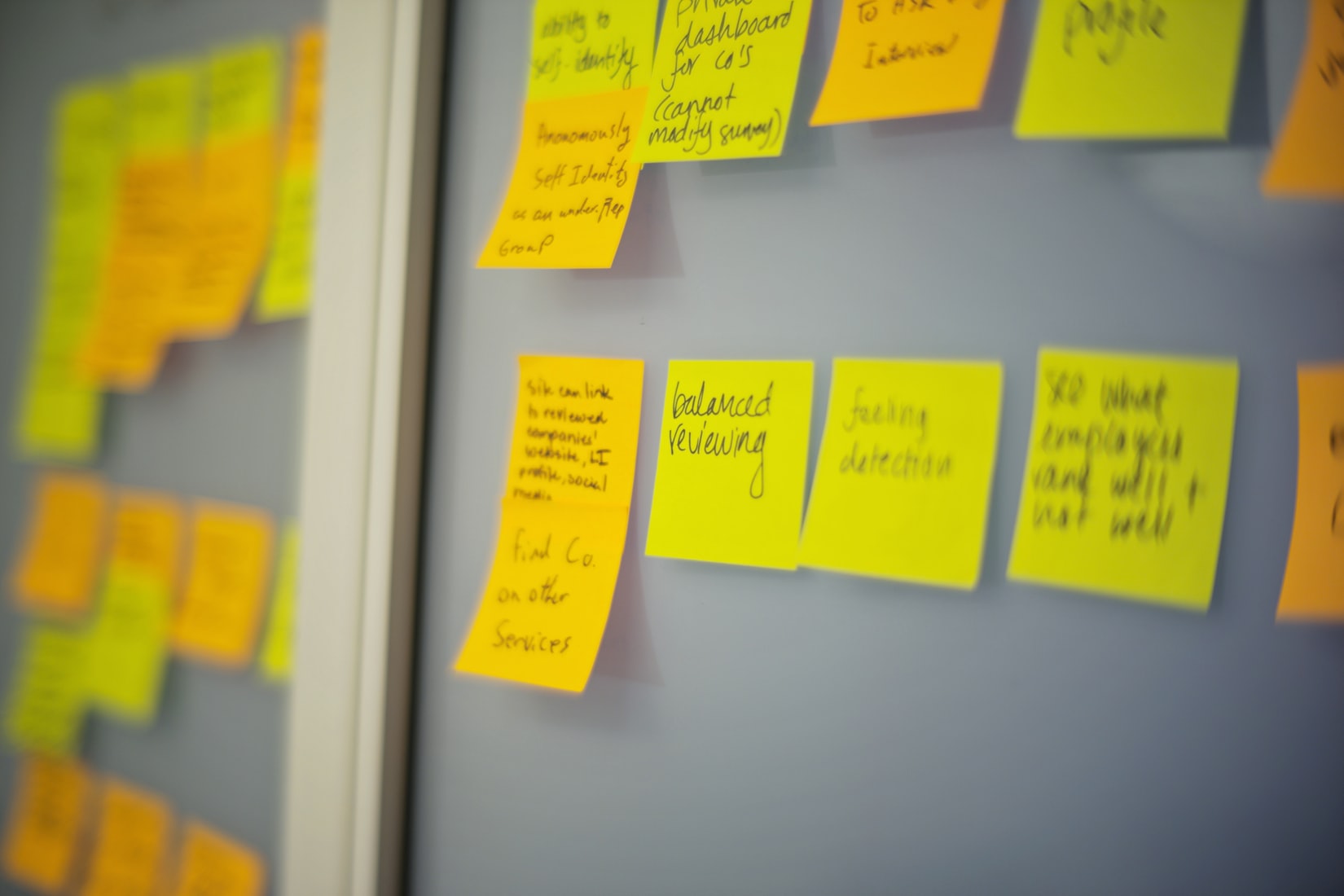
Thumbs up, Thumbs down, new ideas and recognition
The main idea is to pass the common retrospective dynamics like thumbs up and down. Including new ideas (team brainstorming) and recognition to continue grateful of people around.- 👍Thumbs up- 👎Thumbs down- 💡New Ideas- 🏆Recognition - 0 uses
Mad Sad Glad
Mad Sad Glad is an example of an organization tool that is employed by a team in order to encourage discussion of pertinent issues. It is a great way to list down all the strengths that a team exhibit...- 😡 Mad- 😟 Sad- 😀 Glad - 0 uses
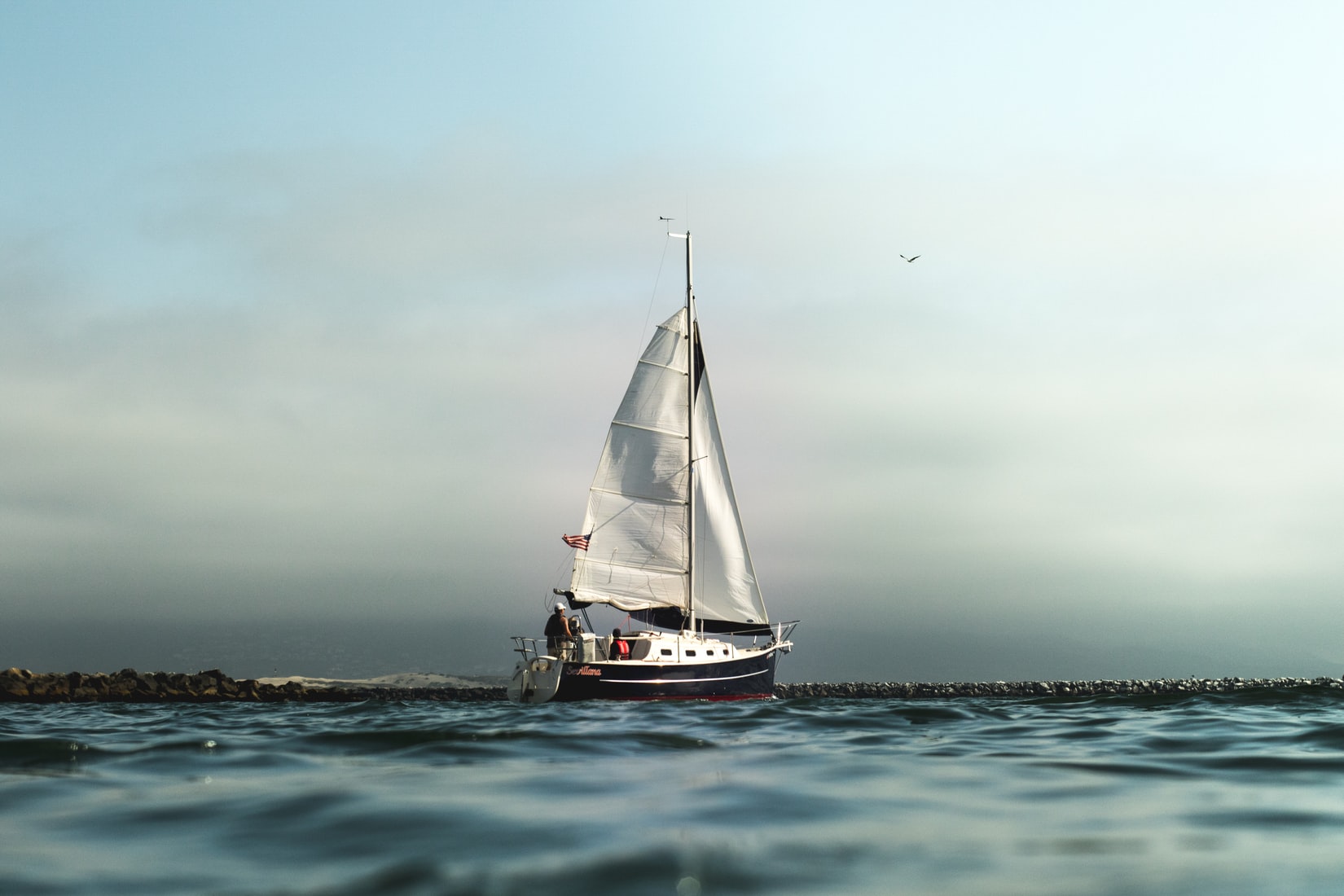
Sailboat Retrospective
Image with a sailboat dragging an anchor heading towards rocks. This retrospective technique uses a sailboat as a metaphor for the team. The team identifies anchors (that are holding us back) and wind...- What is the wind pushing our sails that make us go fast- What anchors are holding us back- What rocks are ahead of us that risk our future- What is our ideal island destination - 0 uses

Original 4
Norman Kerth created this technique and retrospectives as well.- What went well?- What didn’t go so well?- What have I learned?- What still puzzles me? - 0 uses
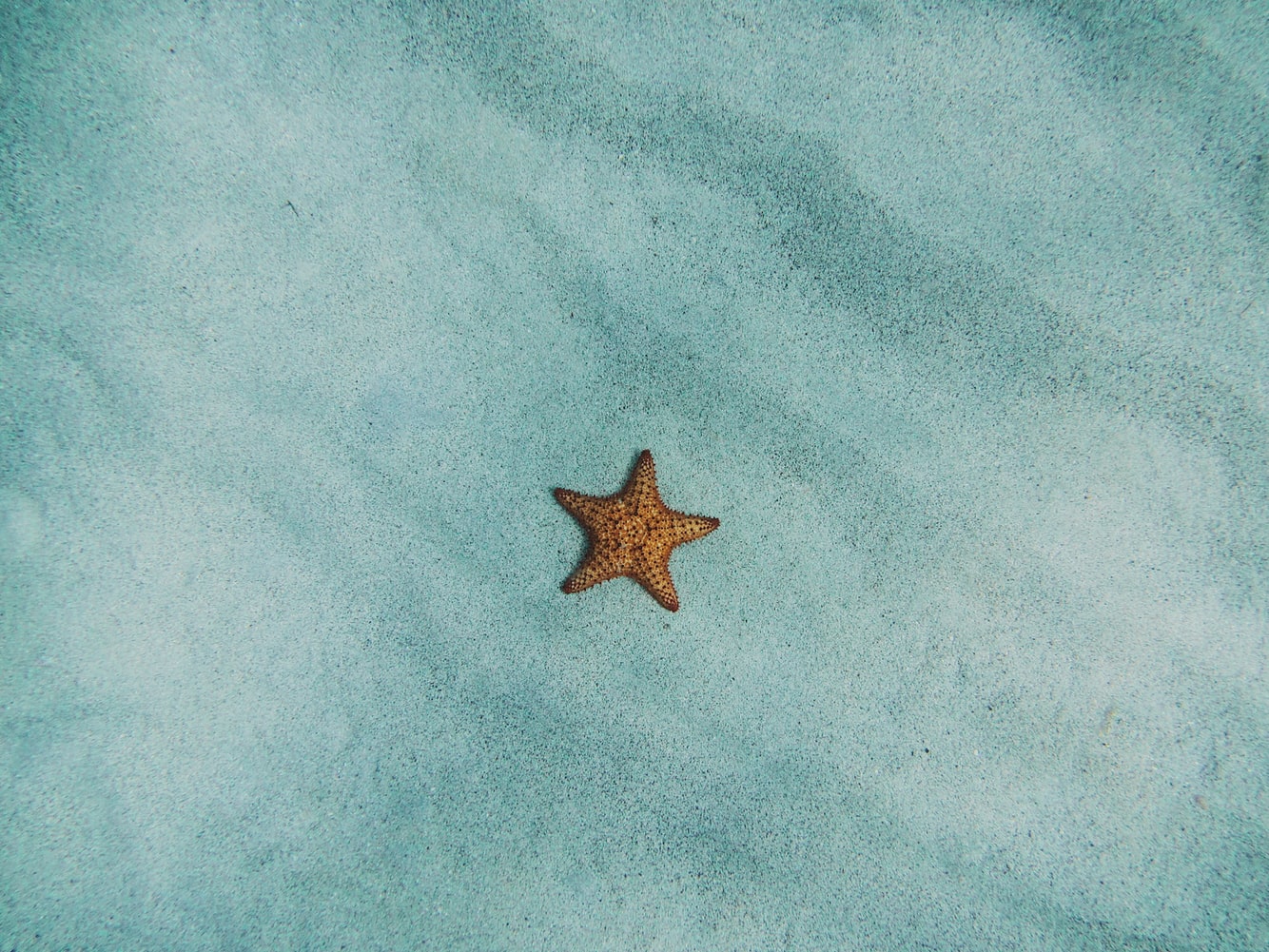
Starfish Retrospective
Better known as the Starfish retrospective, this technique was developed by Patrick Kua with the intention of helping teams carrying out a job better understand what they did wrong and how they can ma...- Keep Doing- Less Of- More of- Start Doing- Stop Doing - 0 uses
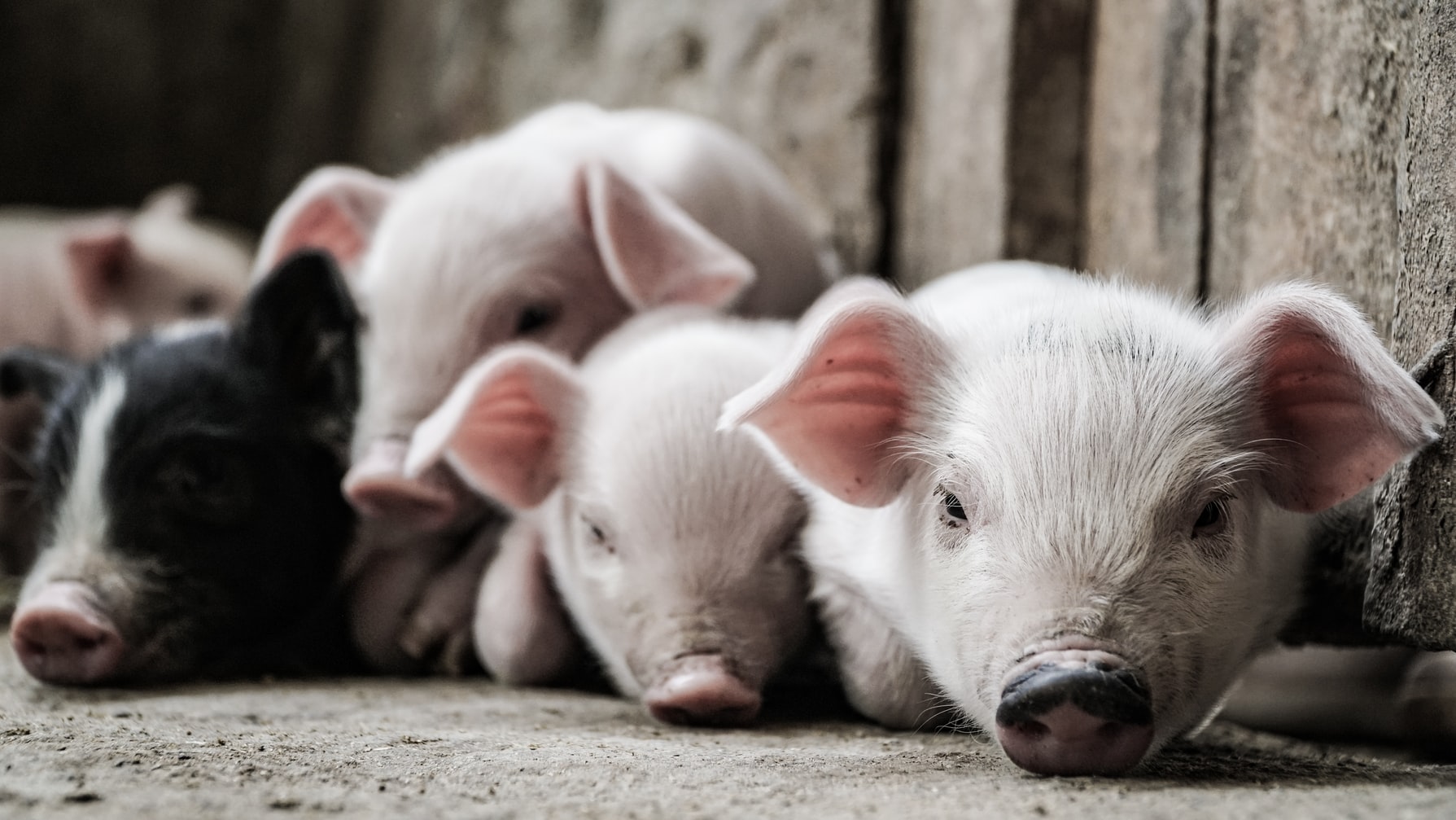
Three Little Pigs
Based on the story of the three little pigs and their quest for at strong house to live in.- House of StrawsThings that could easily fall apart- House of SticksThings that are working but could be improved- House of BricksThings that are stong and stable - 0 uses
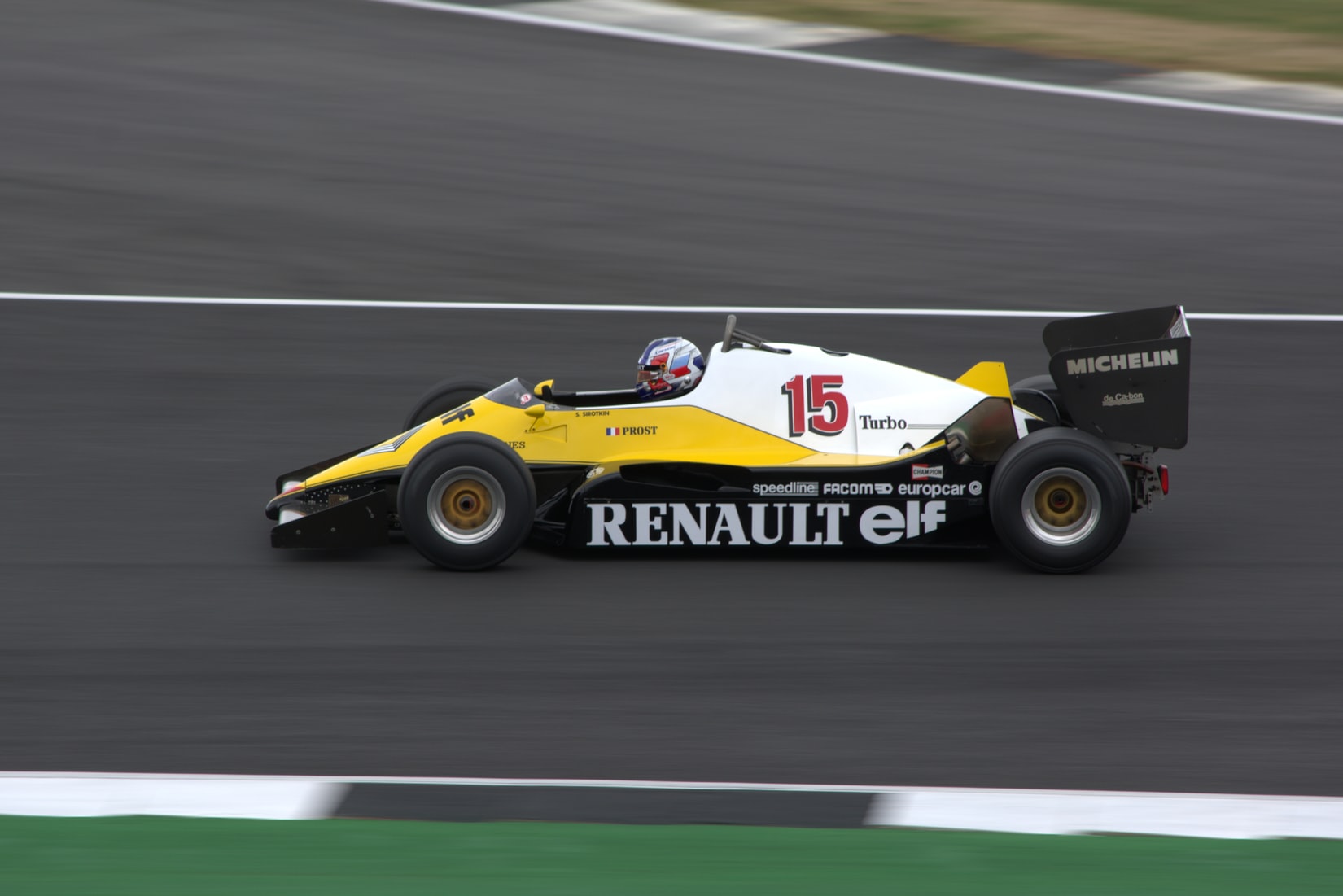
Speed Car Retrospective
Simple retrospective using a Speed Car metaphor. Engine - Things that are moving is faster. Prachute - Things we believe are slowing us down and we can change.- EngineWhat make us move faster?- ParachuteWhat is slowing us down? - 0 uses
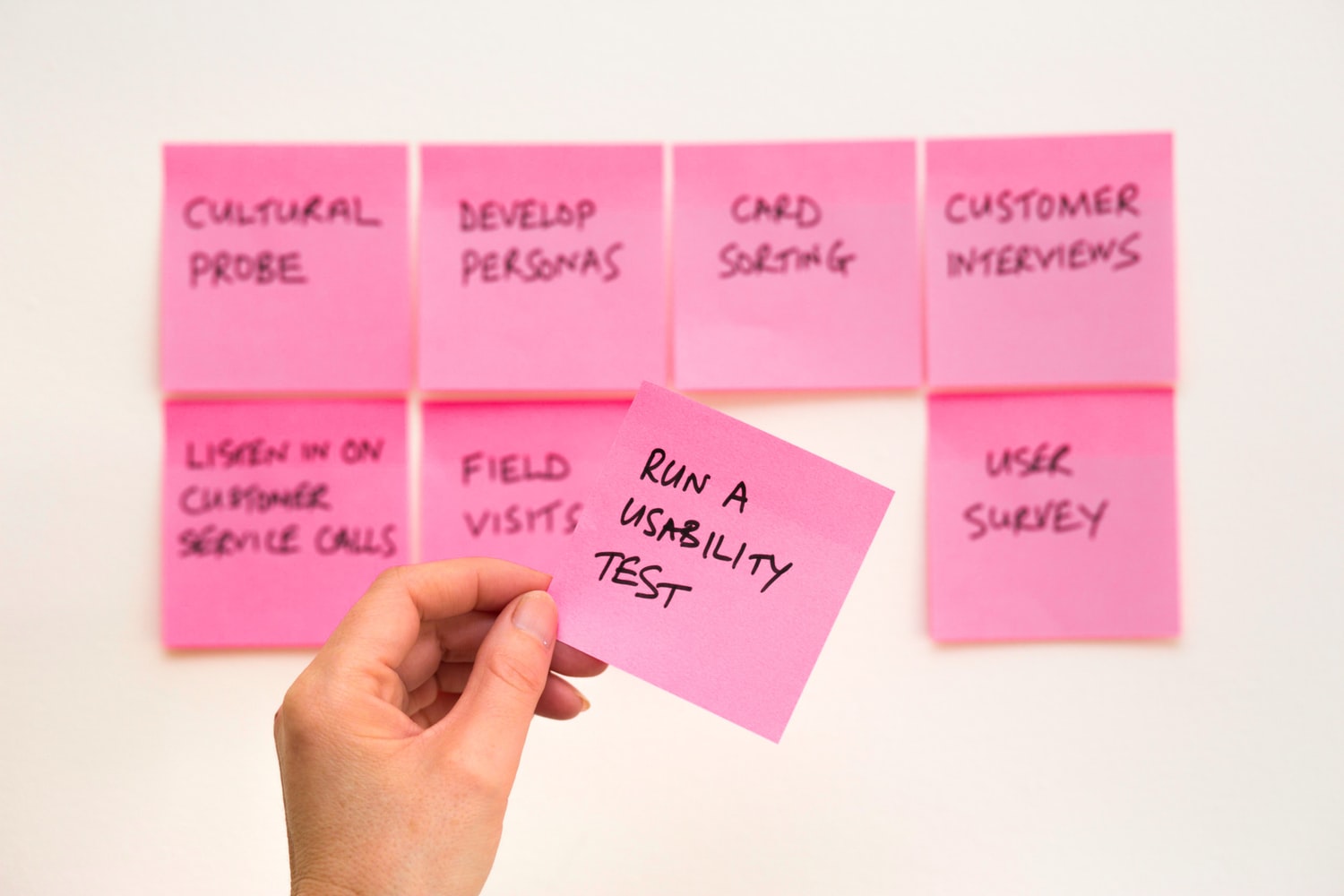
Happy - Meh - Sad
Very similar to Mad - Sad - Glad, but a little more focused on the sentiment graduation- Happy :)- Meh :|- Sad :( - 0 uses

Marie Kondo Method
This retrospective template was inspired by the KonMari method, created by Marie Kondo and described in her book "The Life-Changing Magic of Tidying Up".- Brings You JoyWhat went well, happy to keep- Throw OutWhat went wrong, don't want to keep- RecycleWhat you want to improve and reuse - 0 uses
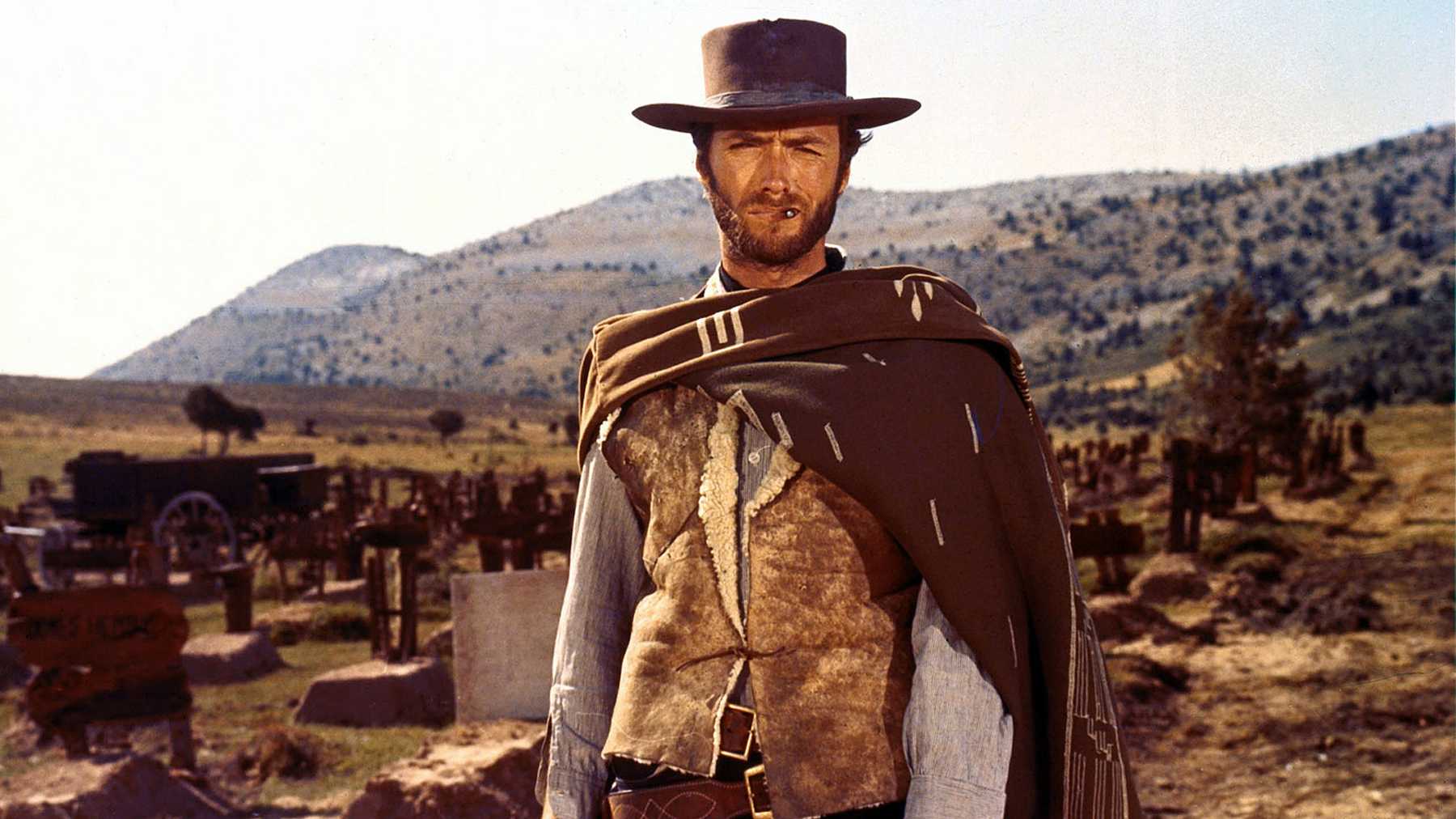
The Good - The Bad - The Ugly
Used for project retrospective for team members to share feedback - the good is what went well or worked well, the bad is what didn't go as planned or problems that surfaced, the ugly are things tha...- The GoodWhat went well or worked well- The BadWhat didn't go as planned or problems that surfaced- The UglyThings that the project team couldn't change but should allow folks to call out - 0 uses

DAKI
DAKI retrospective is a technique that allows a team to assess the areas that it needs to work on while also adopting new methodologies in the way they function. DAKI is an abbreviation for: Drop, Add...- Drop- Add- Keep- Improve - 0 uses
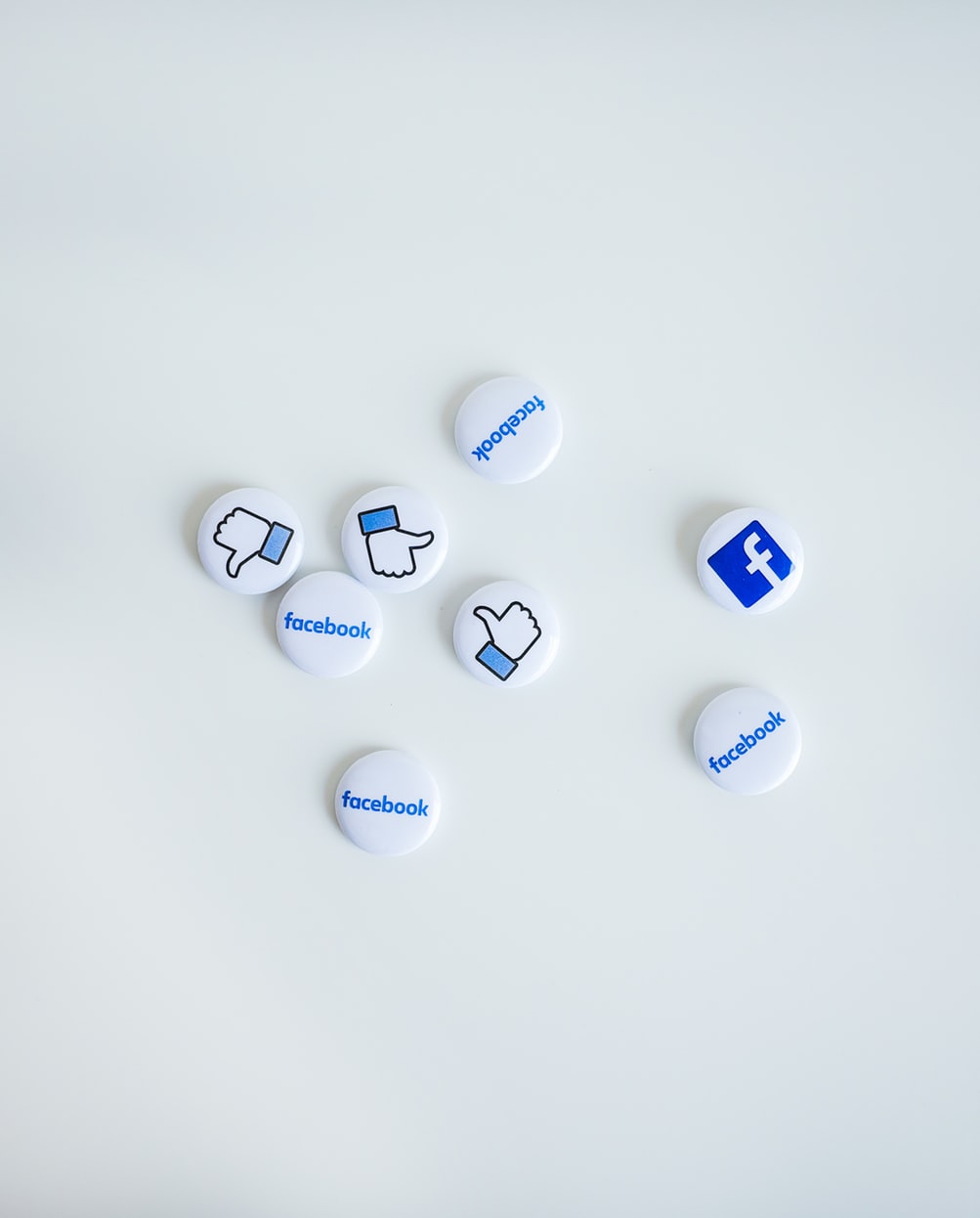
Facebook Reactions
The template is based on emoji comment reactions from Facebook. The team uses the six categories based on the emoji faces- what they liked, what they loved, what made them laugh, what surprised them, ...- Liked- Loved- Made Me Laugh- Surprised Me- Made Me Sad- Made Me Angry - 0 uses
Genie in a Bottle
This technique is inspired by the story of Genie in a bottle. What is the one wish you would like to ask for your team?- What is a one wish for our team?- What issue/challenge we would like to solve?- What area we would like to improve? - 0 uses

Likes / Wishes / Wonders
Things you liked, things you wished went different, thing you still wonder about the team / process- Likes- Wishes- Wonders
To a complete list, check our Retrospective Ideas page and pick the best one for your next meeting!
Don't have an account? Try EasyRetro for FREE now!


